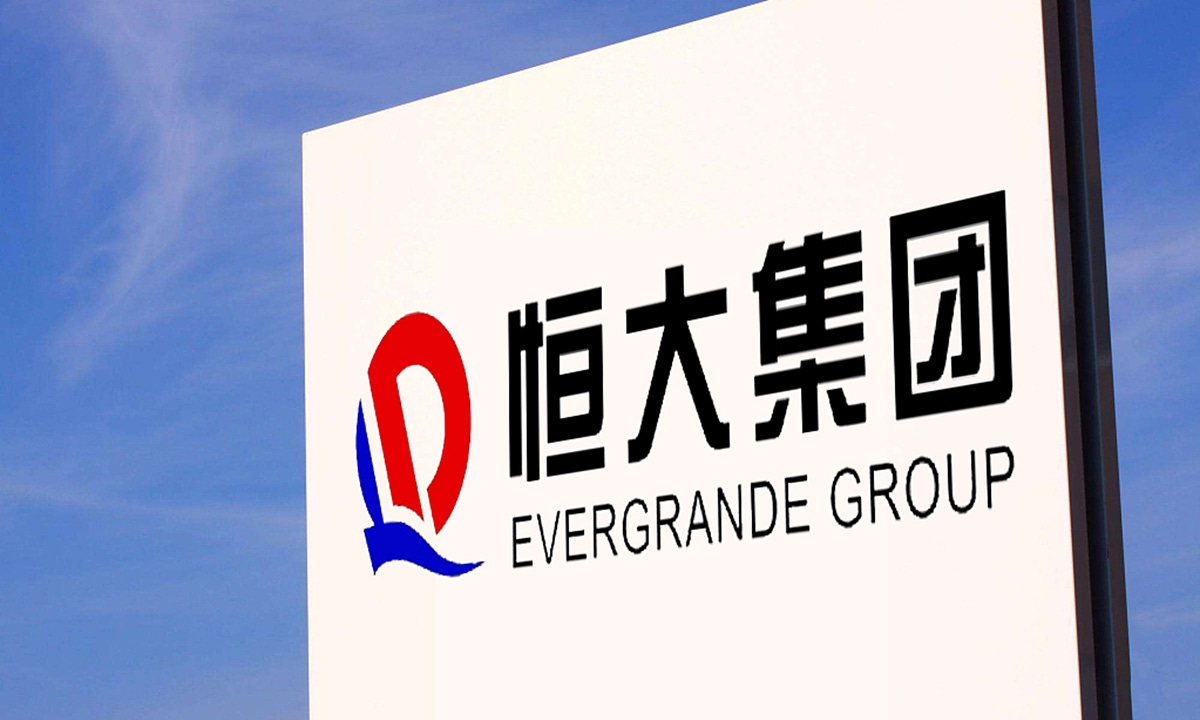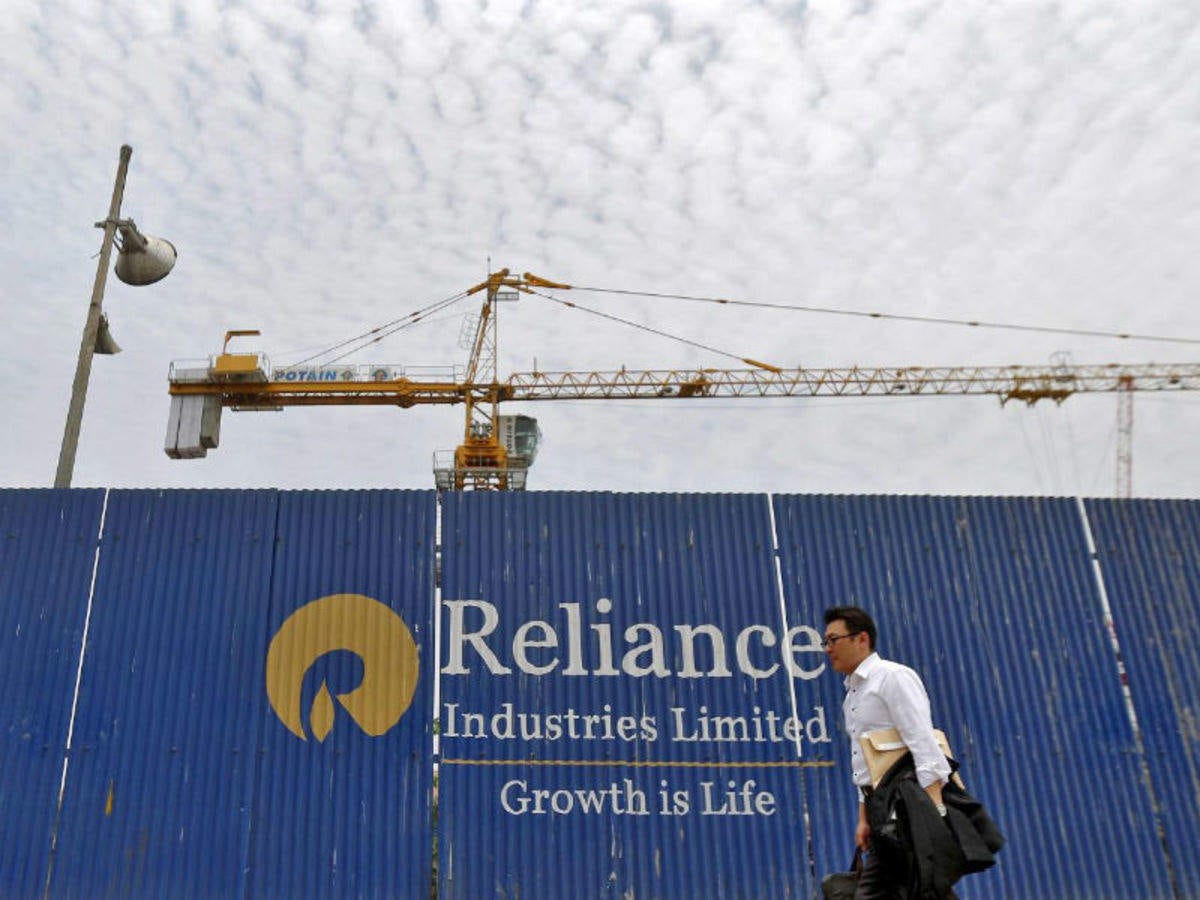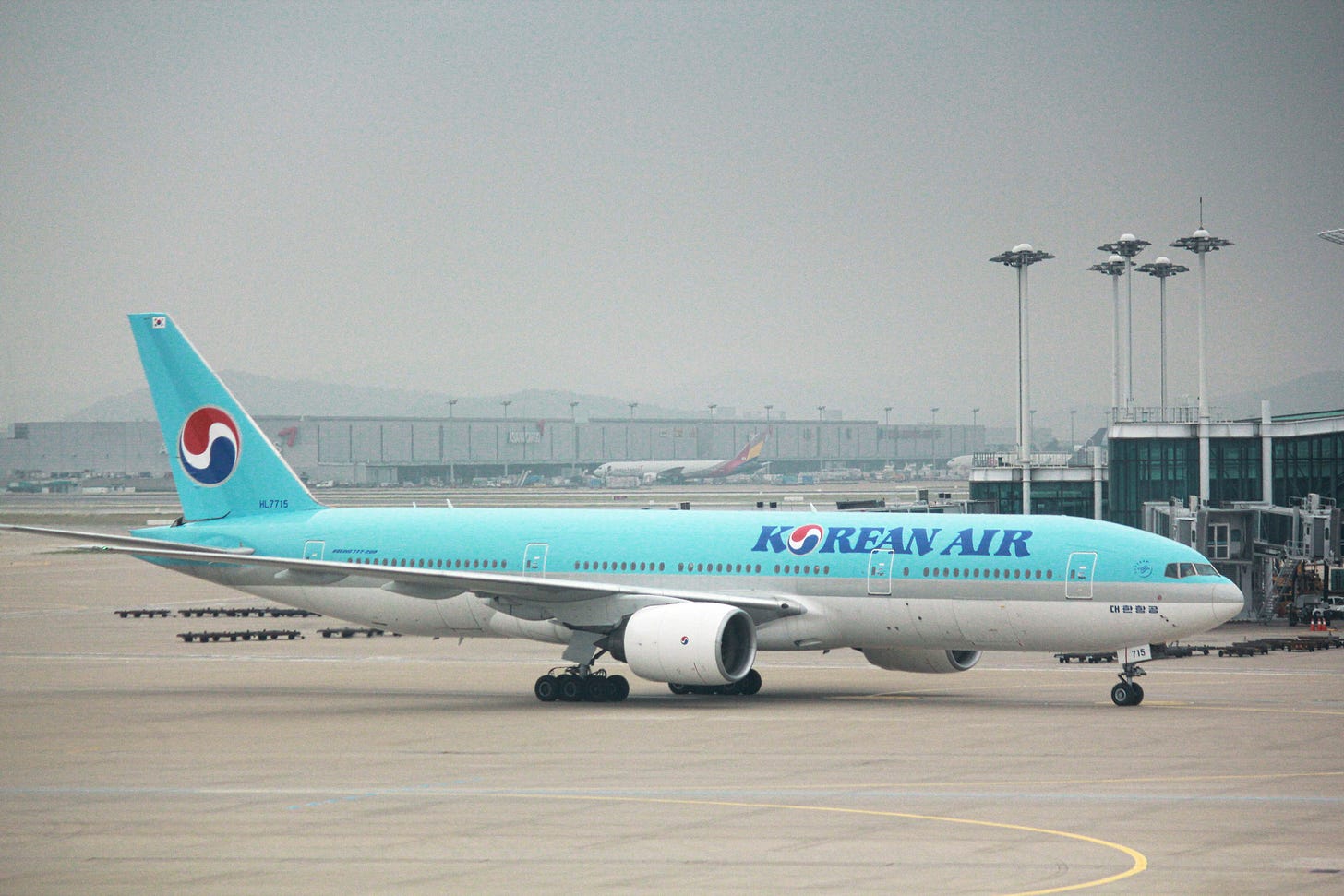Emerging Markets Monitor - November 19
IMF Chief Warns on Trade Divide, EM Property Co's Go Wobbly, Wal-Mart Family Trims EM Exposure, India's Reliance Takes on Retail, Air Cargo to Double in Next 20 Years
The Top 5 Stories Shaping Emerging Markets from Global Media - November 19
IMF Chief Says Trade Divide Could Cost World $1.4 Trillion
Bloomberg
“The rise of trade barriers against China and other countries over the past year could cost the global economy $1.4 trillion, on top of the severe damage being done by the war in Ukraine, the head of the International Monetary Fund said.”
“‘What I am hoping to see is some reversals in policy blocks towards China and globally,’ Kristalina Georgieva told Bloomberg Television’s Stephen Engle in an interview in Bangkok on Saturday. ‘The world is going to lose 1.5% of gross domestic product just because of division that may split us into two trading blocs. This is $1.4 trillion.’”
“For Asia, the potential loss could be twice as bad, or more than 3% of GDP, because the region is more integrated into the global value chain, Georgieva said on the sidelines of the Asia-Pacific Economic Cooperation’s economic leaders gathering this week.”
“While that would constitute significant damage to the global economy, the biggest factor hurting global growth remains the war in Ukraine, Georgieva said. ‘The single most damaging factor for the world economy is the war,’ she said. ‘The sooner the war ends, the better.’” Bloomberg reports.
Big Emerging Market Companies Worry Investors. Property Developers Go Wobbly
The Economist
“Since September, when a botched budget in Britain roiled markets enough to threaten giant pension funds, investors have been looking for other vulnerabilities that might cause markets to break. Emerging economies are a prime candidate. Historically, high American interest rates and a soaring dollar have triggered financial instability across the developing world. A few unlucky places, including Argentina and Sri Lanka, have stumbled into crisis this time round, but many emerging-market governments have deeper foreign-exchange reserves and less dollar-denominated debt than before, and thus look much sturdier than even a decade ago.”
“Big firms in these countries are a different story. Debt issued by large companies has risen relentlessly since the turn of the millennium—from just over 60% of emerging-market gdp in 2000 to more than 90% on the eve of the covid-19 pandemic—as firms took advantage of low interest rates. Borrowing then jumped a further ten percentage points in 2020 alone. Much of this money is owed to foreigners.”
“According to JPMorgan Chase, a bank, the default rate for emerging-market issuers of high-yield corporate debt has jumped to 11.4% this year, well above the 1.7% notched in 2019 and the long-term average of 3.7%. Higher rates and an expensive dollar are only partly to blame.”
“…Rising rates and slowing growth have taken a toll on property markets around the world, and this is now creating difficulties for firms outside China as well as within. A default, in late September, on short-term debt issued by the developer of Legoland Korea has thrown debt markets in South Korea into turmoil…In late October the government said it would buy around $35bn in corporate bonds in order to stabilise markets.”
“In recent weeks, property troubles have also popped up in other emerging Asian economies. Liquidity has evaporated from Vietnamese corporate-bond markets, following an effort by officials to rein in corruption in the country’s property market… Indonesian developers face similar difficulties. Prices for the bonds of several large firms have fallen to distressed levels, amid credit-rating downgrades and fears that default risks are growing.” The Economist reports.
World’s Richest Family Trims Exposure to Emerging Markets
Bloomberg
“The investment firm that manages the Walton family’s fortune decreased its holdings in emerging-market funds and US municipal bonds, while adding new stakes in Snowflake Inc. and Verve Therapeutics Inc.”
“WIT LLC, which stands for the Walton Investment Team, primarily invests through low-cost exchange-traded funds. Its US equity holdings stood at $3.5 billion as of Sept. 30, down $535 million from the end of second quarter, according to a filing Monday with the US Securities and Exchange Commission.”
“WIT pared its stakes in several ETFs that track emerging markets indices, including those from Vanguard and iShares. Meanwhile, it bolstered its holdings in the Vanguard Short-Term Treasury ETF and the Vanguard FTSE Developed Markets ETF. The largest holding remains the Vanguard FTSE Emerging Markets ETF, which was worth $1.1 billion at the end of the quarter even after it was whittled down.”
“Emerging markets have been pummeled this year, with the MSCI Emerging Markets Index down 24% since Dec. 31.” Bloomberg reports.
India’s Reliance Has Ruthless Retail Ambitions
Financial Times
“…Billionaire Mukesh Ambani’s oil-to-data conglomerate Reliance Industries, India’s biggest single listed company by market capitalisation, profits most from its refinery, the world’s largest. But Reliance wants to embed itself in India’s towns and cities by dominating the $800bn retail market as well, from partnerships with luxury fashion houses like Balenciaga to acquiring a Coca-Cola copycat.”
“Despite being India’s biggest retailer by revenues, Reliance’s 16-year-old shopping unit has often been overlooked, as Ambani’s Jio mobile network stole the limelight in transforming India’s data landscape.”
“Taking advantage of restrictions that hamper foreign companies’ ability to compete in India’s fragmented retail sector, still largely made up of mom and pop shops, Reliance is expanding its shopping empire at a rate of seven stores a day, using acquisitions to accelerate growth and investing around $3.6bn last financial year.”
“It has 16,000 stores across India, while online purchases contribute 17 per cent of revenues, according to a person with direct knowledge of the matter. Reliance’s ‘starting premise is that ‘100 per cent of the market should be mine’, said Arvind Singhal, chair of Gurugram-headquartered business consultancy Technopak Advisors. ‘I don’t know a single company in the world which actually has this kind of a thought process, that ‘I want everything’.”
“Reliance Retail recorded quarterly revenue of around $8bn for the three months ending September 30, earning a net profit of $283mn, a 36 per cent increase year-on-year. Those numbers are modest compared with Reliance’s enormous oil-to-chemicals unit, which had revenues of $18bn. But the refiner’s earnings before interest, tax, depreciation and amortisation declined 5.9 per cent year-on-year to $1.5bn, after taking a $493mn hit from a windfall tax.” Chloe Cornish reports.
Air Cargo Traffic to Double Over the Next Twenty Years, Boeing Says
The National
“Boeing, one of the world's biggest aviation companies, has projected that air cargo traffic will double in the next two decades as the industry shifts its focus to evolving demand following the coronavirus pandemic.”
“The expansion will be supported by a 57 per cent growth in the global freighter fleet, which would put it at 3,600 aircraft, and will require about 2,800 new and converted freighters for growth and replacement until 2041, the Virginia-based company said in its World Air Cargo Forecast on Friday.”
“…Air cargo was a rare bright spot for airlines during the travel-starved years of the pandemic, prompting many to convert older passenger jets to freighters and to invest in new cargo planes.”
“Strong e-commerce demand and the slower return of passenger flights with cargo belly capacity drove airlines to snap up freighters during the pandemic. Global air cargo demand in September fell 10.6 per cent from the same month in 2021, but continued to remain near pre-pandemic levels, the International Air Transport Association said in its latest monthly update.” Alvin R. Cabral reports.
"Decide to be extraordinary and do what you need to do - now." - Epictetus.







